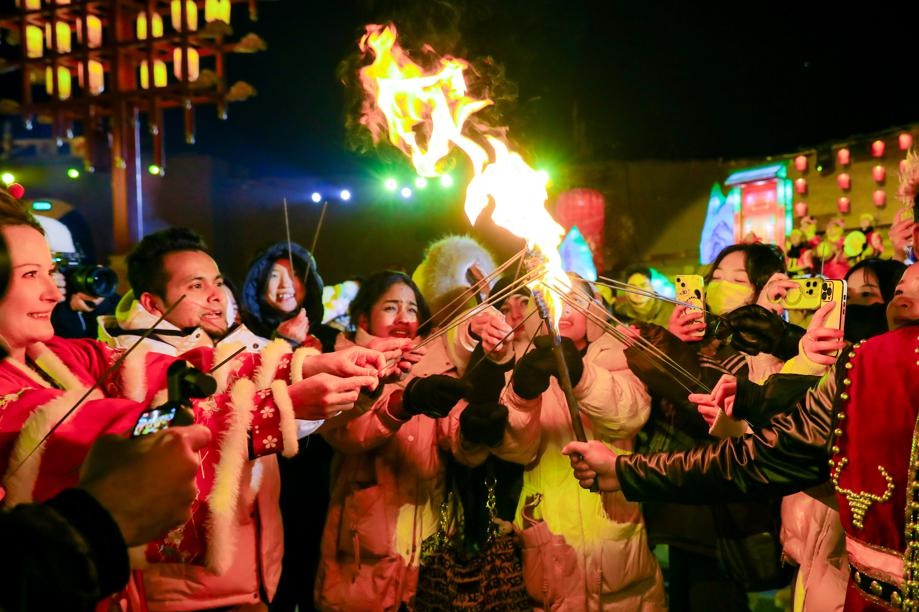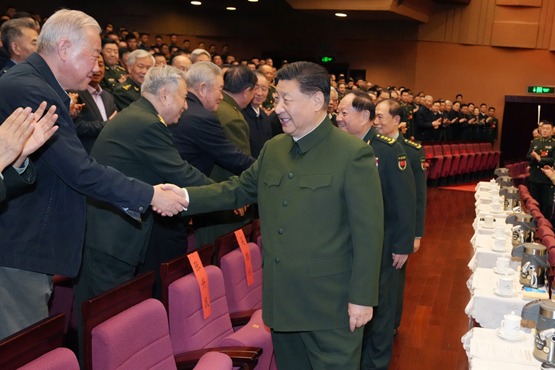More anesthetists needed to ease labor pains

A national political adviser has proposed expanding the number of anesthesiologists in China to help make childbirth and labor less painful.
Huang Yuguang, a member of the Chinese People's Political Consultative Conference National Committee and head of the Peking Union Medical College Hospital's anesthesia department, said the idea was conceived due to the expected increase in the number of births due to the universal second-child policy.
"A major cause that impedes pain-free natural birth in China is the shortage of anesthetists," Huang said at the annual session of CPPCC National Committee.
"In many hospitals, understaffed anesthesia departments are kept busy on surgeries where anesthesia is necessary and cannot find time for other services, such as natural births and pain relief for cancer patients."
In China, only one anesthesiologist is available for every 7.5 surgeons, far fewer than the international standard of one anesthesiologist for every three surgeons.
"A shortage of anesthesiologists has also disrupted surgeons' schedules, as many have to wait for the availability of an anesthesiologist to operate on a patient," Huang said.
The shortage may worsen due to the universal second-child policy adopted in 2016, which is expected to bring an increase in the number of births, he said.
"Patients have a higher demand for quality and comfort from their healthcare services, which calls for a more balanced distribution of medical resources," Huang said.
Most births in China are natural - with little pain intervention - or C-sections, which are generally painless because of techniques such as epidural and spinal anesthesia.
Pain-free vaginal deliveries, which may rely on a combination of spinal and local anesthesia, account for less than 5 percent of all deliveries in China, said Song Xingrong, director of the anesthesia department at Guangzhou Women and Children's Medical Center in Guangzhou, Guangdong province.
Huang said more measures should be taken to improve training of anesthesiologists.
"Medical colleges in China should open independent anesthesia courses for undergraduates, and increase practices and rotations for the students," he said.
Besides, he said, more measures should be taken to encourage excellent students in medical college to focus on anesthesia in their senior year.
Hospitals should recruit one anesthesiologist for every three surgeons they recruit to keep a balanced ratio, so that the number of anesthesiologists can meet the demand, he added.





































